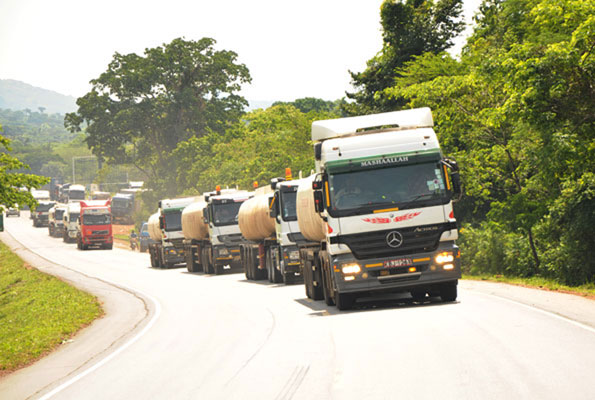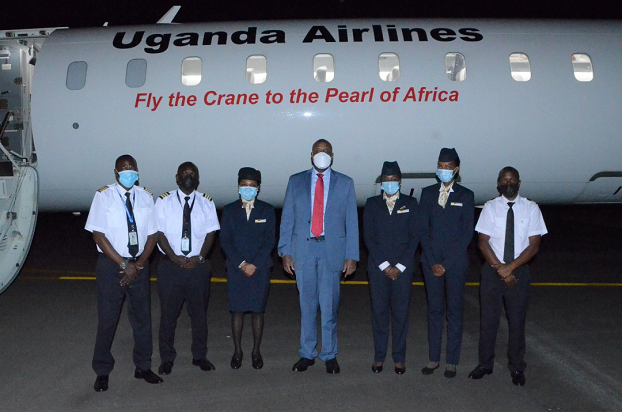The Islamic Development Bank (IsDB) is providing USD 86.5 million to finance the development of irrigation schemes in Uganda. The schemes include Unyama in Amuru District, Namalu in Karamoja and Sipi in Bukwo-Sebei, regions.
The funding was approved last week as the Bank set aside funding to finance 24 new development projects in 19 member countries located in Asia, Africa, and Europe. The approved projects cover a wide array of development sectors including road construction and high-speed transport; clean and renewable energy, poultry, fisheries, irrigation and agriculture, child nutrition, academic and technical education; as well as vocational training.
The Projects in Uganda which are implemented under the Farm Income Enhancement and Forestry Conservation Programme-II, are expected to boost poverty reduction, economic growth, food security, climate resilience and enhance access to sustainable water resources.
The loan for the three projects was sourced on the ground that irrigated agriculture has boosted yields and increased the number of cropping seasons to two or even more in many parts of the world, yet still, Uganda is facing a major challenge of prolonged drought and unexpected floods due to climate change.
A statement presented earlier by the Finance Ministry indicates that the irrigation schemes will address issues related to rain-fed agriculture such as long droughts, and low productivity through introducing systems based on runoff water. The Ministry added that the schemes target improvement in productivity and quality for the main agricultural crops of the project areas such as rice, maize, coffee, cassava, mango, fish and honey.
IsDB President and Chairman of the Board, Dr Muhammad Al Jasser, reiterated the Bank’s commitment and continued support for member countries to respond to their development challenges and get their economies back on track. He also stated that in so doing, the IsDB Group continues to cooperate with its global development partners including the MDBs community, the Arab Coordination Group, and IFAD, amongst others, to mobilize new resources.
–URN





